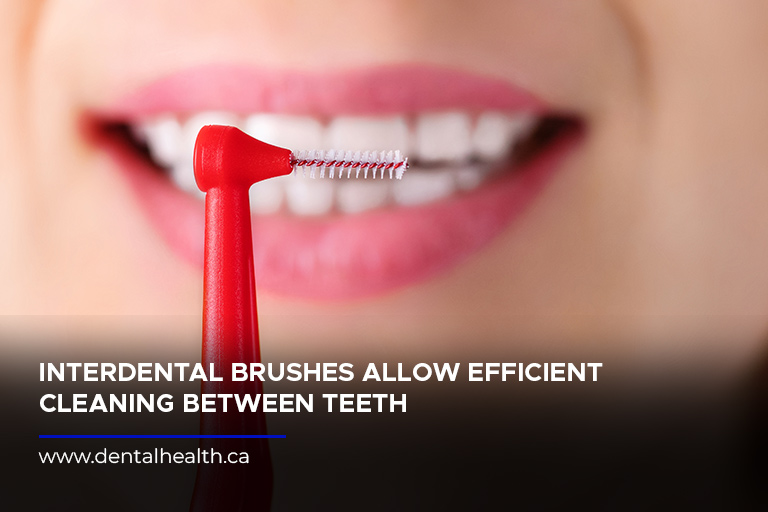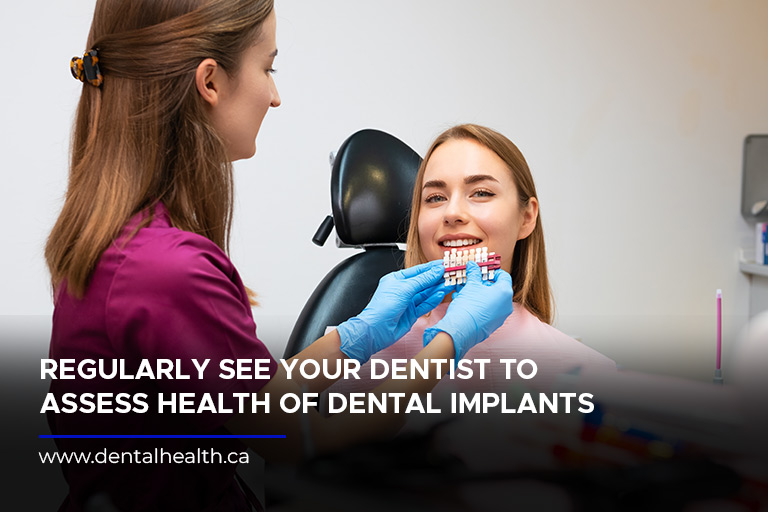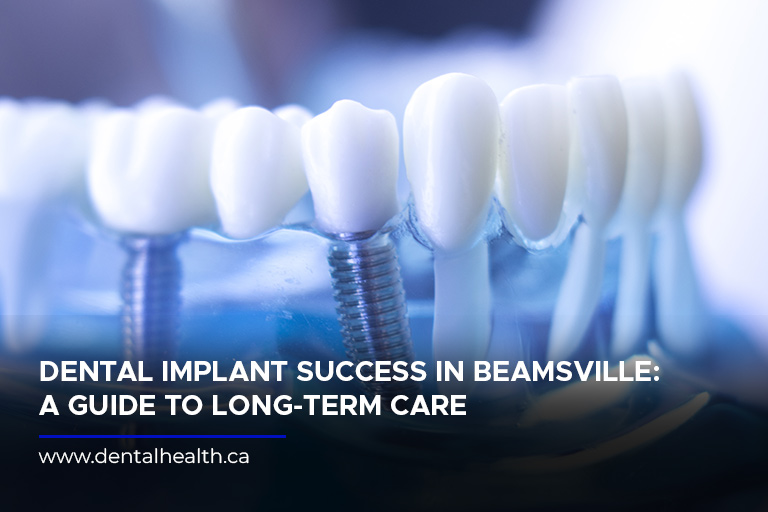Dental implants provide a secure, natural-looking solution for replacing missing teeth, offering numerous benefits for Beamsville residents. In Canada, tooth loss is a prevalent issue, and dental implants are rapidly gaining traction as a preferred restorative option. Statistics indicate that over 7% of adults globally have lost at least one tooth due to decay, injury, or gum disease. With dental implants, you gain more than just a restored smile. They help improve your quality of life by:
- Ensuring comfortable chewing: Implants mimic the functionality of natural teeth, allowing you to eat your favourite foods with confidence and ease.
- Supporting the natural contours of your face: When teeth are missing, the jawbone can start to deteriorate, leading to changes in facial structure. Implants help maintain bone density, keeping your facial profile more youthful.
- Preventing bone loss in your jaw: The presence of the implant in the jawbone stimulates bone growth, preventing the resorption (loss of bone volume) that commonly occurs after tooth extraction. Maintaining a healthy jawbone is crucial for your overall oral health and the longevity of your smile.
Their long-term success depends significantly on proper care. Studies show impressive success rates for dental implants, with over 95% of implants functioning well after 10 years with the right maintenance. Here are essential care tips, including when to seek professional help from your Beamsville dentist, to guarantee the optimal health and longevity of your implants.
Dental Implant Care Tips
Caring for dental implants shares many similarities with caring for natural teeth, but some key adjustments are necessary. Here are crucial practices to integrate into your routine:
- Brush your teeth daily: Use a soft-bristled toothbrush designed specifically for implants, as these often feature gentler bristles to avoid damaging the implant surface. Angling the brush at approximately 45 degrees, gently brush the implant, crown, and gum line using short back-and-forth motions.
Pay particular attention to areas where plaque tends to accumulate, such as the junction between the implant and the crown, and the space between the implant and the gum tissue. Brushing for at least two minutes each time is recommended.
- Floss regularly: Flossing remains vital for removing plaque and food particles that your toothbrush cannot reach between teeth and around implants. You can use standard floss, but specially designed interdental floss for implants may be even more effective. These floss types often have a stiffened portion to facilitate easier insertion beneath the implant and a softer, spongy section to clean around the implant and gum tissue. Gently manoeuvre the floss back and forth between the implant and adjacent teeth, taking care to avoid snapping the floss against the implant.

- Use an interdental brush: These specialized cleaning tools resemble tiny brushes, allowing you to efficiently clean the spaces between the implant and gum tissues, where bacteria can accumulate. Choose an interdental brush with a size that comfortably fits the space between your implant and teeth. Gently insert the brush between the implant and gum tissue and move it back and forth in a sawing motion.
- Utilize a mouthwash: Choose an alcohol-free mouthwash with an antiseptic agent to refresh your breath and help reduce harmful bacteria in your mouth. Look for a mouthwash specifically designed for use with implants, as some mouthwashes can be too abrasive for implant surfaces. Rinse with the mouthwash for at least 30 seconds according to the manufacturer’s instructions, and avoid rinsing immediately after brushing, as this can wash away the beneficial fluoride from toothpaste.
- Attend regular dental checkups and cleanings: Regular dental checkups and cleanings are essential for maintaining optimal oral health and the longevity of your implants. During your checkup, your Beamsville dentist will thoroughly clean your teeth and implants, removing any built-up plaque and tartar.
They will also perform a comprehensive examination of your implants, assessing the health of the surrounding gum tissue, checking for any signs of loosening or damage, and ensuring the proper fit of the implant crown. Depending on your individual needs and risk factors, your dentist may recommend scheduling cleanings more frequently than the standard twice-yearly recommendation.
When to See Your Beamsville Dentist

In addition to routine checkups, reaching out to your dentist promptly in the following situations is essential:
- Loose implant: If your implant feels loose or wiggly, this could indicate a potential problem with osseointegration, the process by which the implant fuses with the jawbone. Early intervention is crucial to prevent further complications and ensure the long-term stability of your implant.
- Swelling, redness, or pain: Swelling, pain, or redness around the implant site are signs of possible peri-implantitis, an inflammatory condition affecting the tissues surrounding the implant. This condition can lead to bone loss and implant failure if left untreated. Seeking prompt dental attention is essential to address the infection and preserve your implant.
- Bleeding: Persistent bleeding around the implant, especially beyond a few days after surgery or a cleaning, could indicate inflammation or other issues. It’s important to schedule an appointment with your dentist to determine the cause of the bleeding and receive appropriate treatment.
- Changes in bite: If you notice a sudden or gradual change in the way your teeth come together when you bite, this could suggest problems with the implant crown or how it connects to the implant itself.
A misaligned bite can put excess stress on the implant and lead to damage over time. Consulting with your dentist as soon as possible is recommended to identify the cause of the change in your bite and prevent further complications.
- Difficulty chewing: If you have trouble or pain when chewing food, this could be a sign of problems with your implant or the surrounding bone. Chewing difficulties can arise due to various reasons, including damage to the implant crown, issues with the implant’s stability, or infection.
A thorough examination by your dentist is necessary to pinpoint the cause of the chewing problems and formulate a treatment plan.
- Damage to the implant or crown: If your implant or crown becomes chipped, cracked, or breaks altogether, seek immediate attention from your dentist. Depending on the severity of the damage, a repair or replacement of the crown might be necessary. In some cases, if the underlying implant is severely compromised, it may require removal and re-implantation.
By diligently following these care instructions and staying aware of signs that warrant professional attention, you’ll significantly bolster the lifespan of your dental implants. This dedication will keep your smile beautiful, healthy, and functional for many years to come.
To ensure your dental implants are thriving and remain in pristine condition, schedule routine evaluations by the dental professionals at Kingsway Family Dentistry. For personalized care and guidance, contact us today: (905) 563-4001. Let us help you achieve lasting success with your dental implants.

